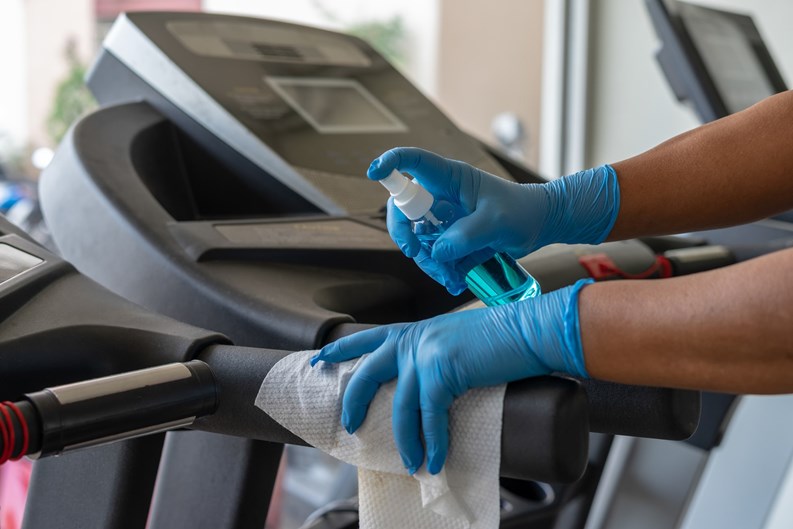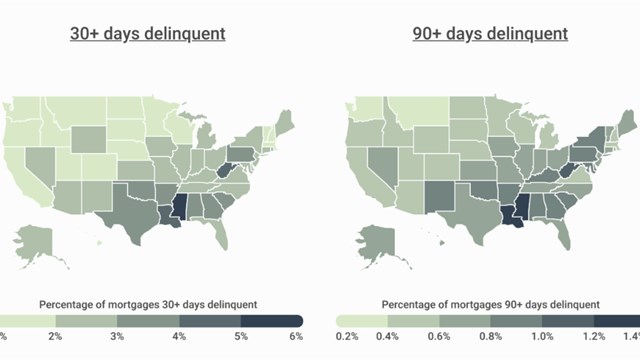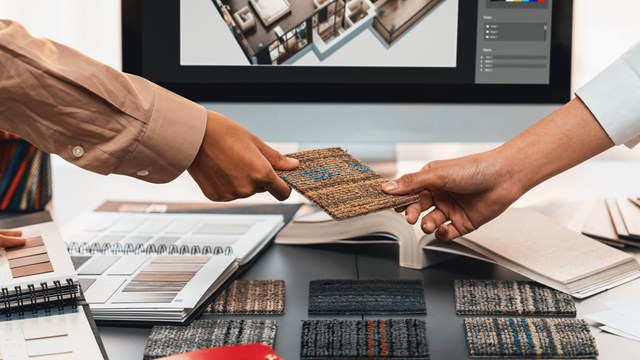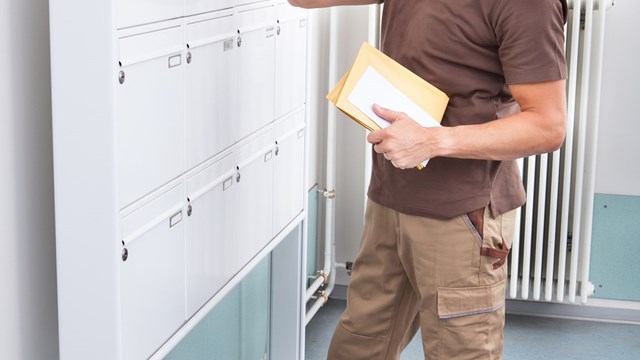When the COVID-19 crisis first hit Manhattan last spring, the impact was immediate - and heavy. Nearly every aspect of co-op and condo life was hard-hit, and luxury amenities were no exception. After all, many such amenities - from fitness centers and pools to communal work and social areas, kitchens and lounges, even lobbies and package rooms - are shared spaces. Everything was locked down to slow the spread of the coronavirus, and for a time, it seemed as though things would never return to normal.
Now, for the first time since the pandemic began, innovators in the luxury amenity industry are beginning to look for silver linings in what has recently been a very cloudy landscape. The good news is, they’re finding some.
Andrew Meditz and Michael Zuchelli, co-founders of Queens-based Elite Amenity Management, are focusing on ways that amenities might be even more crucial, both right now during the initial - and still uncertain - recovery, and in a post-COVID future. “The entire landscape of amenities moving forward for us is actually going to be even more exciting,” Meditz says.
It makes sense: amenities are all about making a building feel like home, so sheltering in place, and even going on lockdown, are challenges that are easier to weather for a community with built-in amenity spaces.
Some buildings are more adaptable than they might seem. That doesn’t have to mean new construction: think re-activating unused spaces. That can mean adding dividers and signage, moving equipment, or reconfiguring entrances to comply with New York Health Department regulations.
Michael Leclere, architect and board president of The Alfred on West 161st Street, says a former squash court now contains the weight machines from the building’s fitness center, allowing residents to socially distance as they work out. And while the building’s 75-foot pool recently re-opened, the locker room remains closed for now, and residents now access the pool through a different entrance, minimizing risk and complying with heightened cleaning protocols and capacity restrictions.
Prior to COVID-19, the Alfred had also repurposed a rear courtyard, making it available for residents to enjoy as an outdoor garden. During the lockdown this past spring, building residents were grateful for that reactivated space.
That points to a key concept in this new era: Amenities that were sought-after before will become even more valued now. “Outdoor space was always a plus in Manhattan,” says Leclere. “It’s even more so now.”
For luxury amenities, the same logic applies: “If you can go downstairs in your building and grab a cup of a coffee, get a croissant, go for your morning workout, maybe have some time in the steam room, and then be in your workspace, all from home, that feels pretty safe,” says Zuchelli.
Moshe Cohen, whose construction firm, NYEG, specializes in amenity spaces and common areas, agrees: “Because people are worried about the fact that there might be further lockdowns, they’ve started thinking, ‘All of those things that I usually get all over the city -- how can I get all of that in one building?’”
Cohen also points out that, during lockdown, the right amenities gave tenants more options to pivot their business model and still thrive: “Some independent professionals or creatives are shifting their business models online,” says Cohen. “We had some residents who are in the cooking space, and they couldn’t be cooking in their restaurants. But if the building offers an amenity chef’s kitchen, the residents could set up a cooking demo and put it out online.”
Of course, no one wants to go into lockdown again, but boards and developers can’t afford to rule out the possibility of having to do so. Meditz says that for him, and for residents alike, adaptation is key:
“Now, with everything going on, and so many people working from home, those amenity spaces are going to have to be even better,” says Meditz. “I think moving forward, the work-from-home space is something that’s going to expand.”
For amenity managers like Meditz and Zuchelli, that also means keeping on top of New York City Health Department orders, and making sure all of their contracts are up-to-the-minute in terms of compliance.
As New York City has moved through its phased re-opening, pools, gyms, and fitness studios have re-opened at reduced capacity, and in-person group fitness classes – still shut down for now – have moved online. That transition was actually somewhat seamless for Elite, thanks to their branded app, which they had already started using to book reservations for gym time, spa sessions, and other amenities before the pandemic hit.
Having a reservation system became more important during lockdown, Meditz says, adding that it may remain in the forefront going forward, since it takes the guesswork out of reduced capacity: “We base attendance on 33% capacity. Through our Elite Amenity app, our members can look at a time slot, see what’s available, and then book that time slot.”
Once a member books a time slot, they come down to the fitness center, where a staffer takes their temperature. And between reservations, the gym shuts down for half an hour for deep cleaning. “You work out for an hour or 45 minutes, and then we shut down and disinfect everything for the next half hour,” says Meditz. “And personally, I don’t know if I see that going away. Because I think people are going to get accustomed to that level of clean.”
In these uncertain times, that’s a reassuring note to end on, for residents and building owners alike, and that’s part of why shared amenities are still going strong, and the industry around them is forging ahead.
Kris Herndon is a freelance writer. ELITE Amenity Management is a New York-based firm specializing in staffing, operations, and programming for residential communities, as well as luxury amenity management, event planning, aquatic, health, and wellness facility management.










Leave a Comment